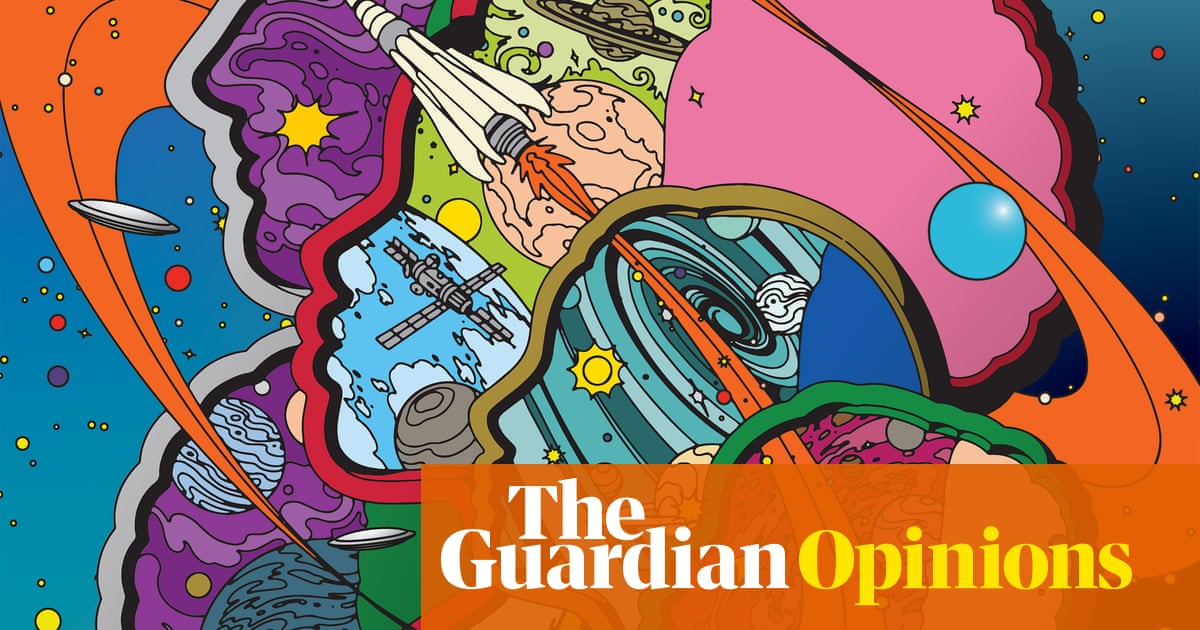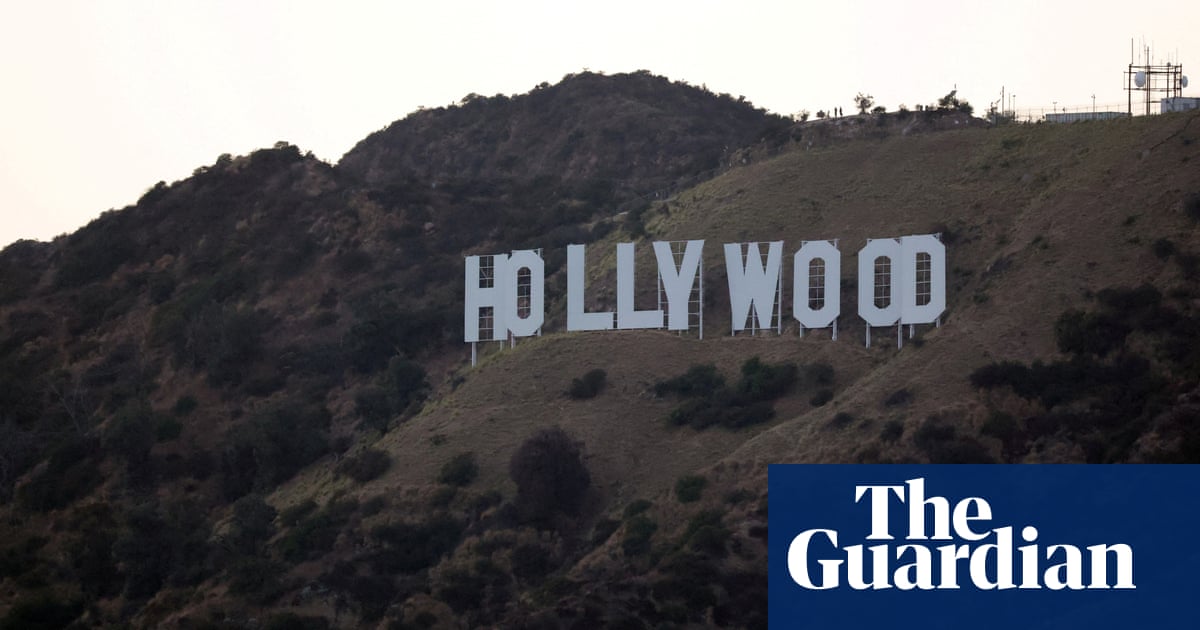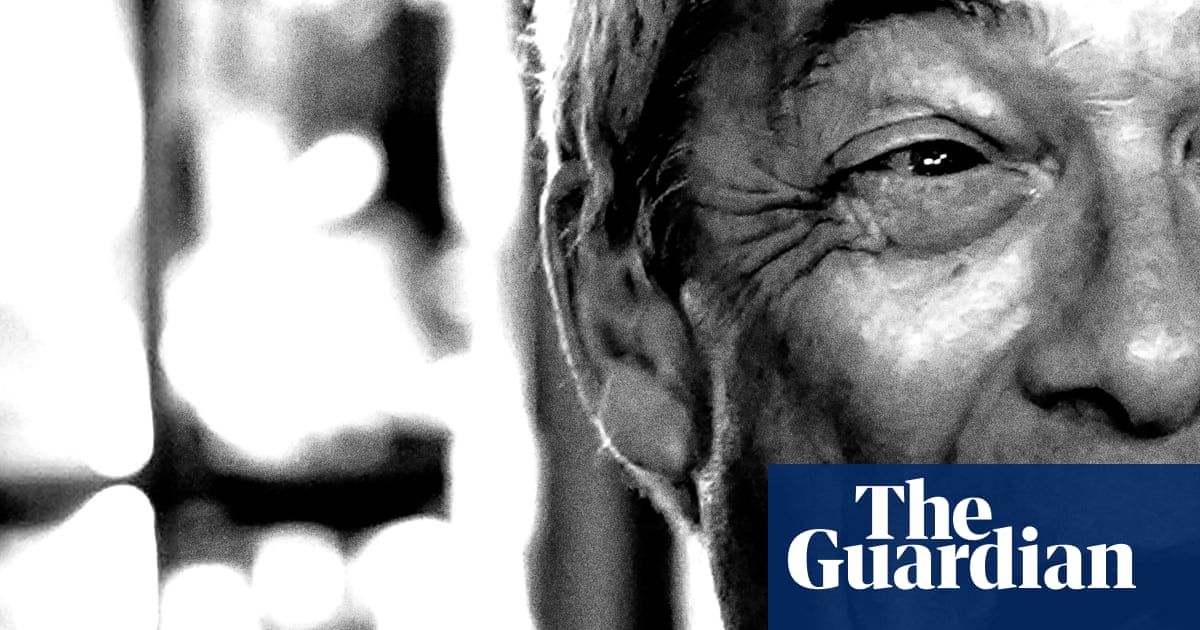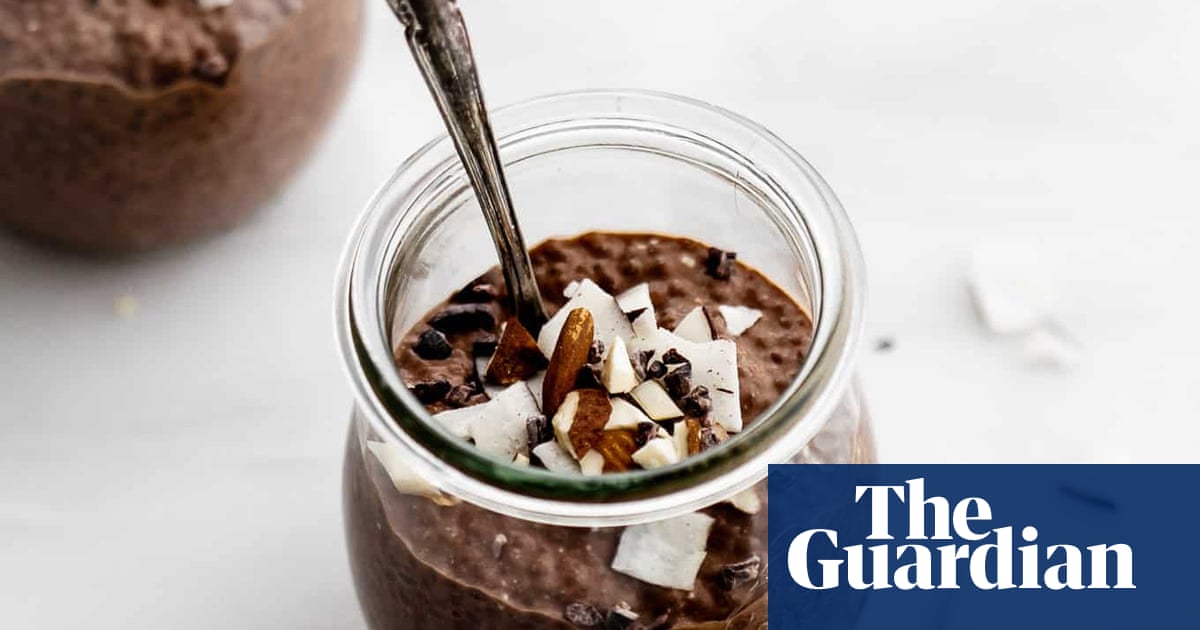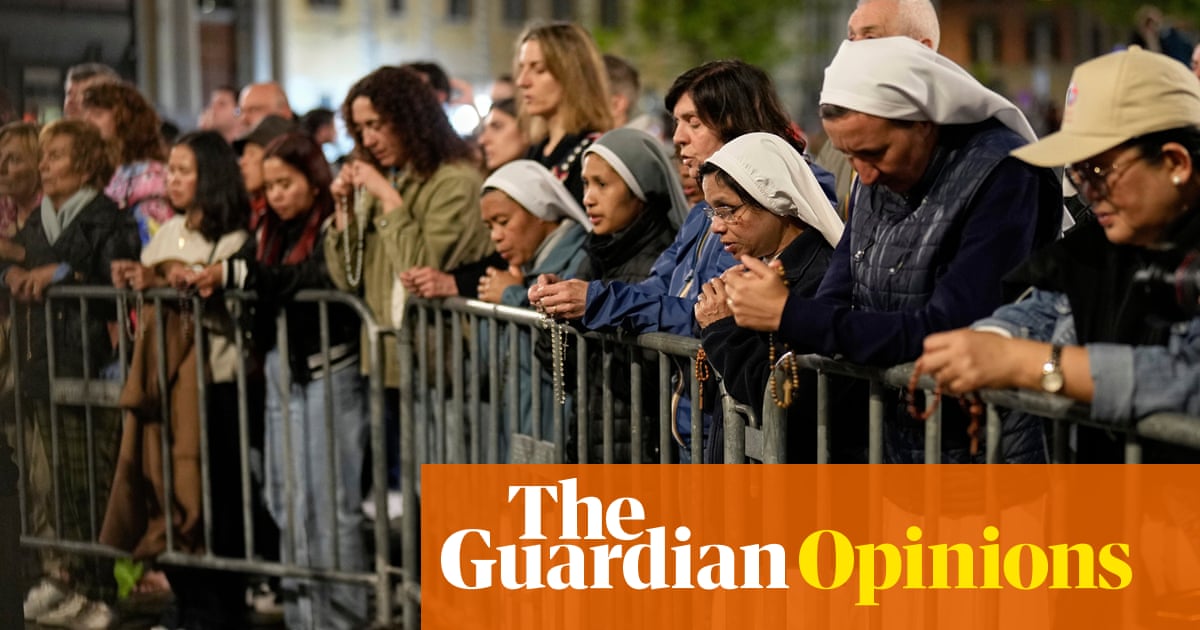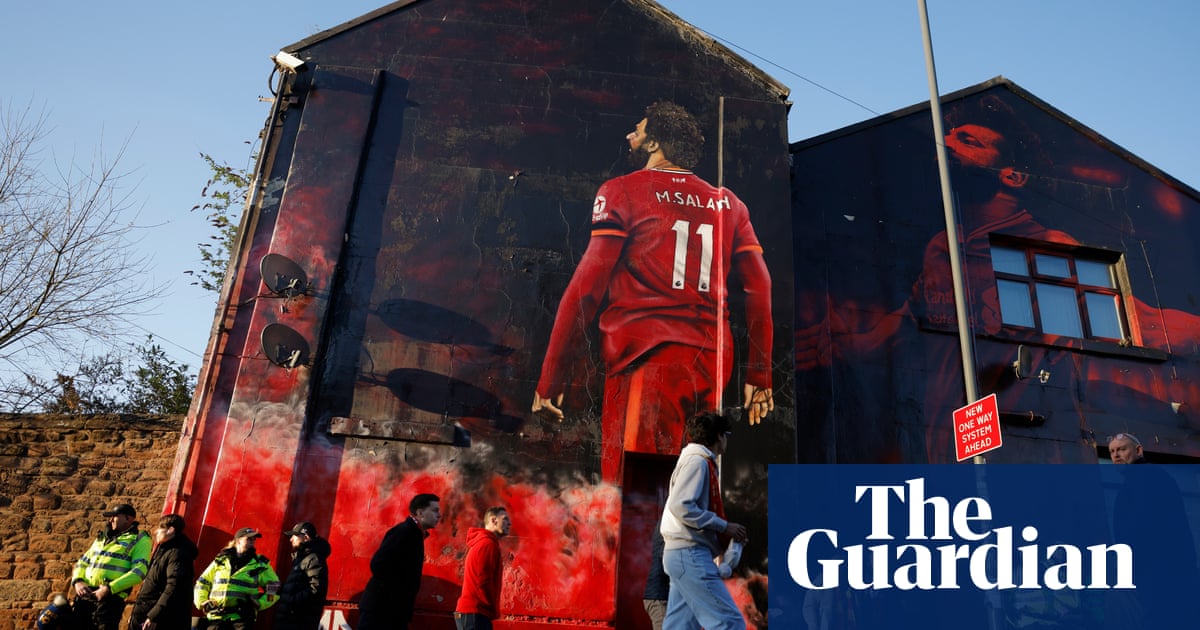I spent the early 00s living in my family home in west London, caring for my elderly father. When he died, in February 2015, I lost my home. When you’re on the streets, you have to sleep with one eye open in case people try to steal your things, so you end up being on alert 24 hours a day. The effect of living like that means you often look for distraction and I soon began spending time with other homeless people who were drinking and using drugs. I started smoking crack and heroin, and drinking heavily. My days all began to look the same: trying to stay warm, get into shelters, eat and score the next fix.
When Covid hit in early 2020, things became really hard – people were getting ill on the street and it felt sometimes as if we had been abandoned. Eventually, I was relocated to a hotel room in Putney during the lockdowns and while I was there I started working with a housing charity, who got me a flat in Mortlake, Richmond upon Thames. By September 2021, I was finally off the streets and I knew that meant I also had to get clean, otherwise my place would become a crack den.
I detoxed, went to Alcoholics Anonymous meetings and came across a charity called Shepherd’s Star, which helps vulnerable people connect with the local community. Since I was so early in my recovery, I needed something to keep me busy and something to look forward to, so I signed up for their six-week course to learn some new skills.
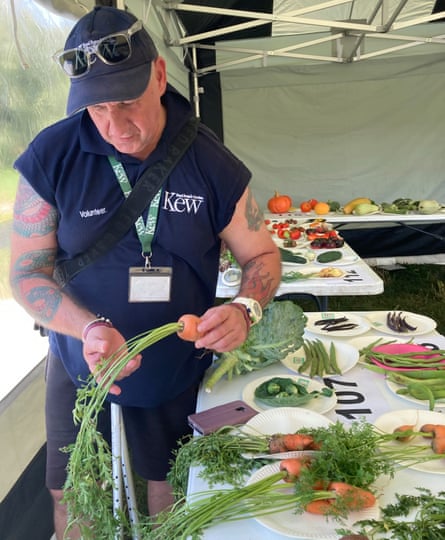
The course included a trip to Kew Gardens to learn about gardening. I was nervous about going, since I wasn’t sure what people would make of me, but on a sunny day in October 2021, I walked through the gates and immediately felt as if I was in another world. I was taken with the group to the community allotment and met one of the staff, Jane, who was showing me around the gardens when we passed by a tulip tree.
As I looked at the tree, the Latin name for the plant came to me: Liriodendron tulipifera. My previous life began flooding back to me. I remembered how in my first job after leaving college I was a gardener and that my mum had worked in the finance office in Kew. As I walked past other shrubs and plants, more names came to mind and I started to feel calm and safe for the first time in six years.
Since I had been living day-to-day on the streets, I had forgotten my old life because you have no scope to think of anything other than what is in front of you. But seeing the majestic 250-year-old tree connected me to my own roots. My world expanded.
I told Jane what had happened and she encouraged me to come back the following week to help out in the allotment. I began to show up every Wednesday to pot plants, get rid of worms and get seedlings ready for the greenhouse. I knew I couldn’t turn up drunk or high, so it was a great focus for my sobriety, and I soon began to really enjoy the act of planting something and seeing it grow, knowing it was my care that helped it stay alive.
After a few months, I asked if I could become a regular volunteer and it was a great honour to be accepted by Jane and given a Kew uniform to wear. In the three years since, my life has changed completely – every week, I look forward to my time at Kew, in the allotment or watering plants. I have grown food for the community, which gives me an enormous sense of pride, and every other week we work with adults with learning disabilities. It’s amazing to see them smile while digging or watering the plants.
People from all walks of life volunteer alongside me, including those who have also been homeless or addicts, as well as those with mental health difficulties or family trauma. We have formed a close-knit group who all support each other, with Jane as our mentor and friend.
Even when I was on the streets, I always told myself that I was down but I wasn’t out; that things would get better. I feel so lucky to have found Kew as my therapy and safe space. I can see life as it should be now and I just want to take it day by day, always trying to be better and to stay fulfilled.

.png) 3 months ago
45
3 months ago
45



